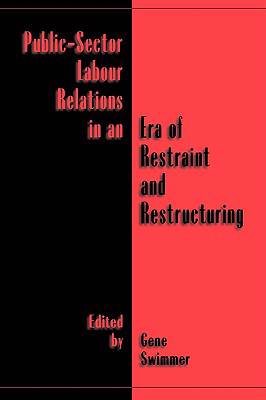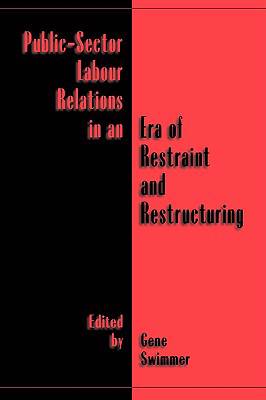
Bedankt voor het vertrouwen het afgelopen jaar! Om jou te bedanken bieden we GRATIS verzending (in België) aan op alles gedurende de hele maand januari.
- Afhalen na 1 uur in een winkel met voorraad
- Gratis thuislevering in België vanaf € 30
- Ruim aanbod met 7 miljoen producten
Bedankt voor het vertrouwen het afgelopen jaar! Om jou te bedanken bieden we GRATIS verzending (in België) aan op alles gedurende de hele maand januari.
- Afhalen na 1 uur in een winkel met voorraad
- Gratis thuislevering in België vanaf € 30
- Ruim aanbod met 7 miljoen producten
Zoeken
Public-sector Labour Relations in an Era of Restraint and Restructuring
Paperback
€ 30,95
+ 61 punten
Omschrijving
This volume provides in-depth case studies of public service labour relations in Canada during the 1990s. The cases reported demonstrate that governments have adopted the attitude and policy that they may engage in bargaining or suspend it whenever thay find that course of action to be convenient.
Specificaties
Betrokkenen
- Uitgeverij:
Inhoud
- Aantal bladzijden:
- 224
Eigenschappen
- Productcode (EAN):
- 9780195415919
- Verschijningsdatum:
- 1/10/2000
- Uitvoering:
- Paperback
- Afmetingen:
- 156 mm x 230 mm
- Gewicht:
- 343 g

Alleen bij Standaard Boekhandel
+ 61 punten op je klantenkaart van Standaard Boekhandel
Beoordelingen
We publiceren alleen reviews die voldoen aan de voorwaarden voor reviews. Bekijk onze voorwaarden voor reviews.








